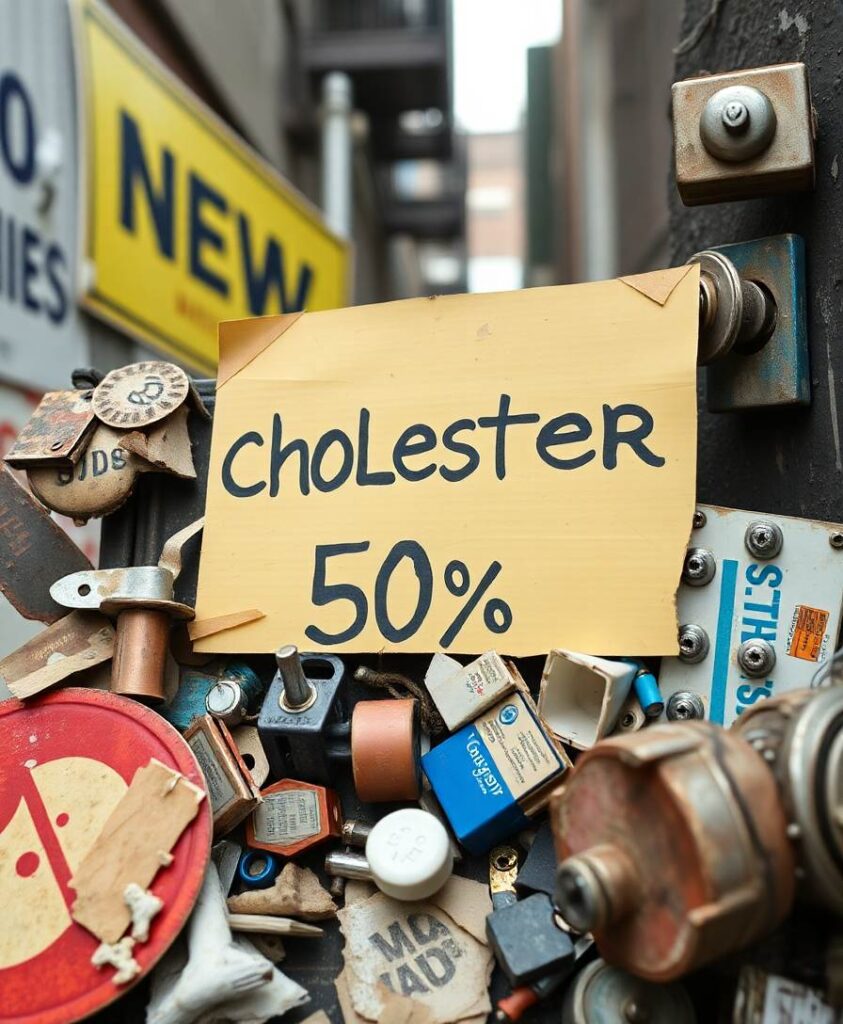BackgroundThe relationship between statin use and delirium remains controversial; therefore, we aimed to study the association between statin exposure and delirium and in-hospital mortality in patients with congestive heart failure.MethodsIn this retrospective study, patients with congestive heart failure were identified from the Medical Information Mart for Intensive Care database. The primary exposure variable was statin use 3 days after admission to the intensive care unit, and the primary outcome measure was the presence of delirium. The secondary outcome measure was in-hospital mortality. Since the cohort study was retrospective, we used inverse probability weighting derived from the propensity score to balance various variables.ResultsOf 8,396 patients, 5,446 (65%) were statin users. Before matching, the prevalence of delirium was 12.5% and that of in-hospital mortality was 11.8% in patients with congestive heart failure. Statin use was significantly negatively correlated with delirium, with an odds ratio of 0.76 (95% confidence interval: [0.66–0.87]; P < 0.001) in the inverse probability weighting cohort and in-hospital mortality of 0.66 (95% confidence interval: [0.58–0.75]; P < 0.001).ConclusionStatins administered in the intensive care unit can significantly reduce the incidence of delirium and in-hospital mortality in patients with congestive heart failure.



